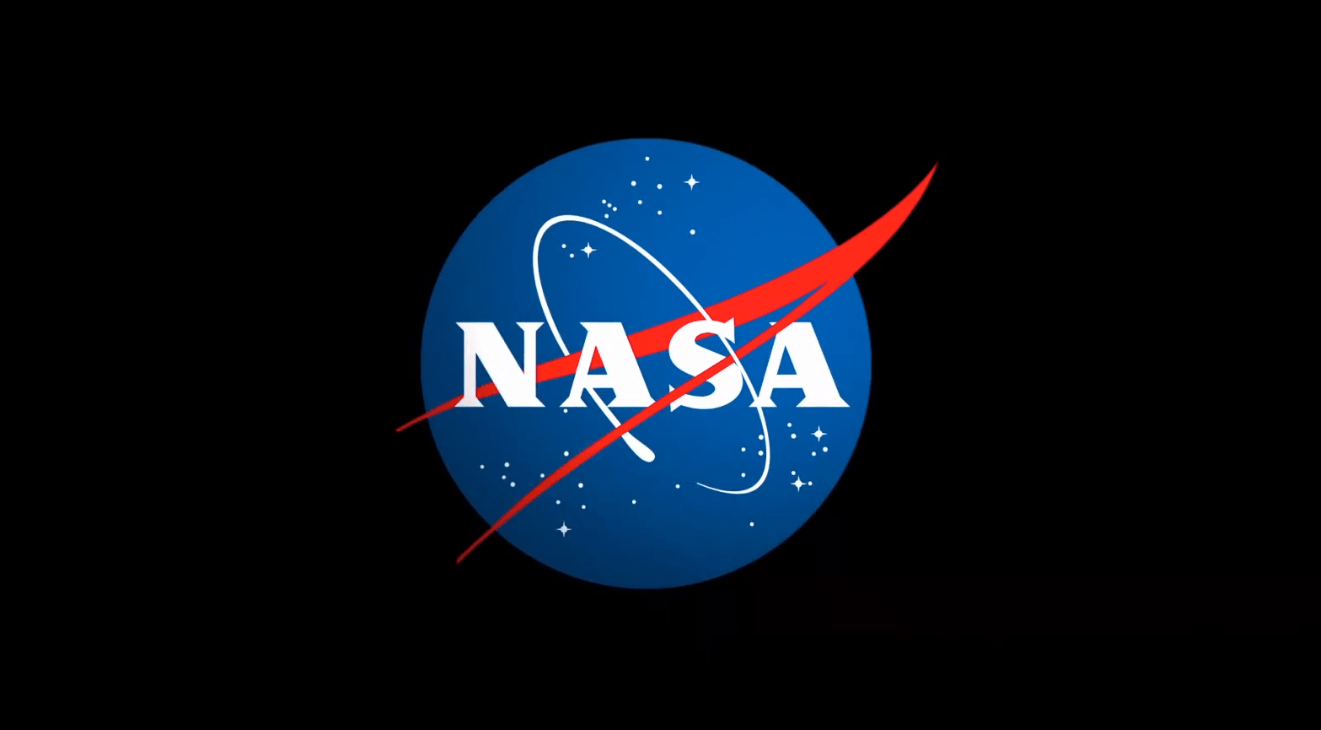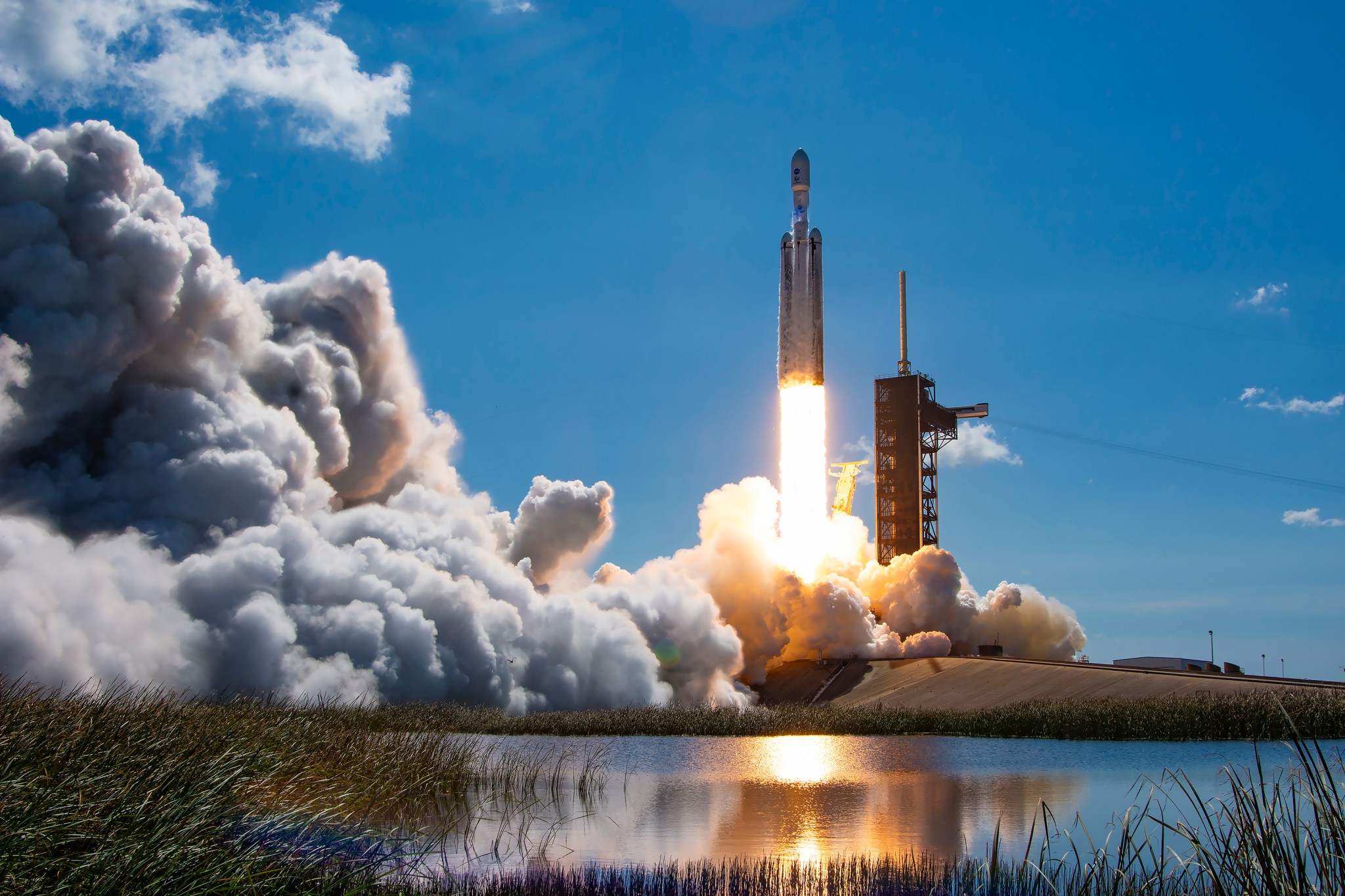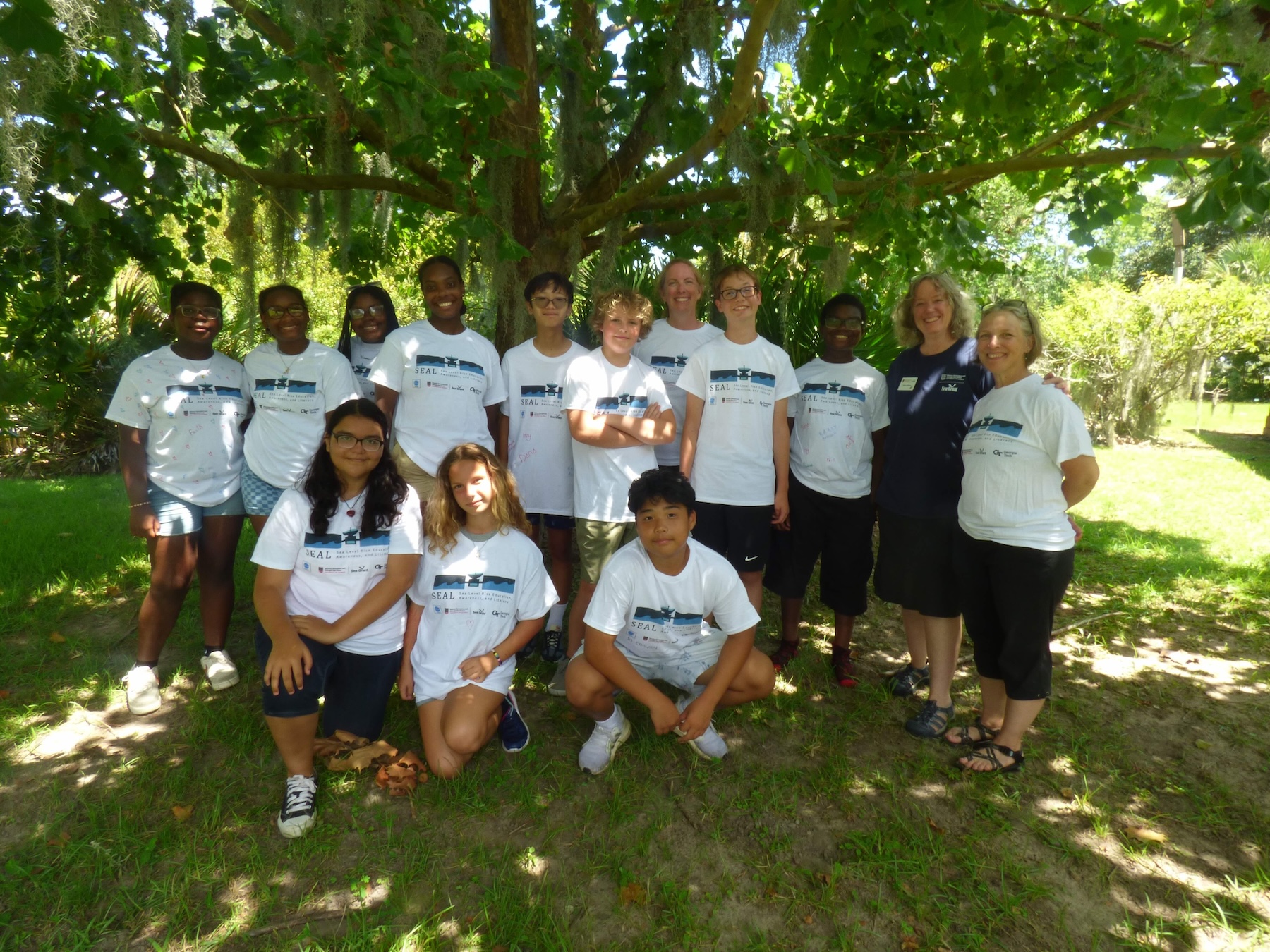Credit: NASA NASA, on behalf of the National Oceanic and Atmospheric Administration (NOAA), has awarded a delivery order to BAE Systems Space & Mission Systems Inc. of Boulder, Colorado, to build spacecraft for the Lagrange 1 Series project as a part of NOAA’s Space Weather Next program. The award made under the Rapid Spacecraft Acquisition IV contract, has a total value of approximately $230.6 million with the period of performance running from February 2025 to February 2035. The work will take place at the awardee’s facility in Boulder. The firm-fixed-price…
Read MoreTag: NOAA (National Oceanic and Atmospheric Administration)
NASA Kennedy Top 24 Stories of 2024
A SpaceX Falcon Heavy rocket carrying NASA’s Europa Clipper spacecraft lifts off from Launch Complex 39A at NASA’s Kennedy Space Center in Florida at 12:06 p.m. EDT on Monday, Oct. 14, 2024. SpaceX From sending crew members to the International Space Station to launching a spacecraft to Jupiter’s icy moon Europa to determine if it could support life, 2024 was a busy record setting year for NASA and its partners at Kennedy Space Center in Florida. JANUARYFirst Lunar Lander Takes Flight The first flight of NASA’s CLPS (Commercial Lunar Payload…
Read MoreNASA Awards Contract for NOAA’s Next-Generation Space Weather Sensors
NASA, on behalf of the National Oceanic and Atmospheric Administration (NOAA), has selected Johns Hopkins University’s Applied Physics Laboratory of Laurel, Maryland, to build the Suprathermal Ion Sensors for the Lagrange 1 Series project, part of NOAA’s Space Weather Next Program. This cost-plus-fixed-fee contract is valued at approximately $20.5 million and includes the development of two Suprathermal Ion Sensor instruments. The anticipated period of performance for this contract will run through Jan. 31, 2034. The work will take place at the awardee’s facility in Maryland, NASA’s Goddard Space Flight Center…
Read MoreNASA Summer Camp Inspires Future Climate Leaders
Learn Home NASA Summer Camp Inspires… Earth Science Overview Learning Resources Science Activation Teams SME Map Opportunities More Science Stories Science Activation Highlights Citizen Science 2 min read NASA Summer Camp Inspires Future Climate Leaders From July 15-19, 2024, the Coastal Equity and Resilience Hub at the Georgia Institute of Technology collaborated with the University of Georgia (UGA) Marine Extension and Georgia Sea Grant to host a week-long NASA Sea Level Changemakers Summer Camp. The camp introduced 14 rising 7th-8th graders to how coastal areas are changing due to…
Read MoreNASA Selects BAE Systems to Develop Air Quality Instrument for NOAA
Smog over a deep mountain valley. Credit: NOAA NASA, on behalf of the National Oceanic and Atmospheric Administration (NOAA), has selected BAE Systems (formerly known as Ball Aerospace & Technologies Corporation) of Boulder, Colorado, to develop an instrument to monitor air quality and provide information about the impact of air pollutants on Earth for NOAA’s Geostationary Extended Observations (GeoXO) satellite program. This cost-plus-award-fee contract is valued at approximately $365 million. It includes the development of one flight instrument as well as options for additional units. The anticipated period of performance…
Read More


